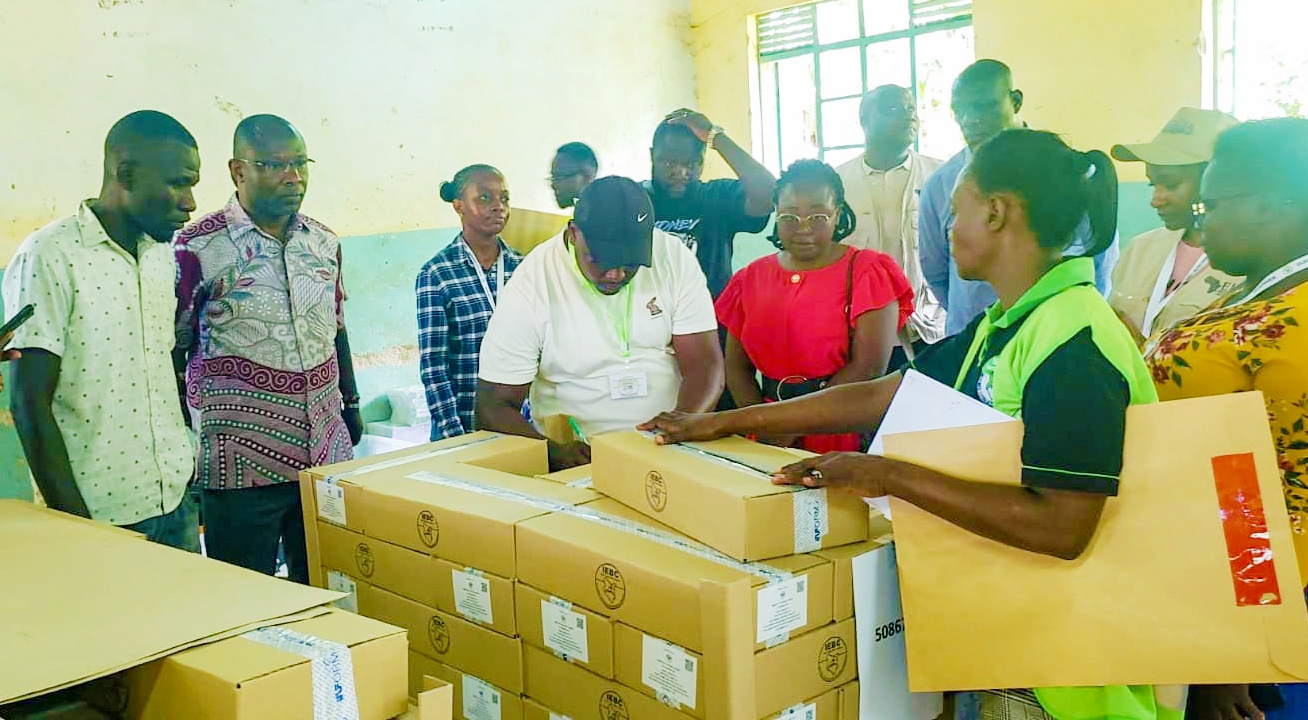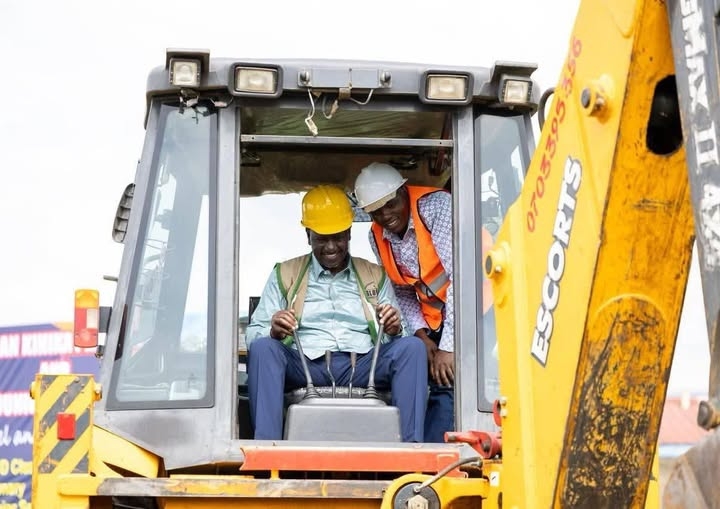Kenya is set to host the first Regional Cabotage Conference in November as the country pushes for the formation of the East African cabotage in the maritime sector.
The Principal Secretary of Maritime and Shipping Affairs Shadrack Mwadime said that the move will help the government realise about Sh500 million from clearing imported goods, making it one of the revenue streams for Kenya from the sector.
Mwadime said that discussions were ongoing involving other countries within the East African coast to come up with the cabotage law for the region.
“We are trying to create several revenue streams and one of them that we are exploiting is government clearance and we know we can be able to raise about Sh500 million if we were to clear all the goods that we import as government,” Mwadime said.
“That is limited, but we are coming up with the cabotage law that we are collaborating with countries within the eastern coast and also beyond. That will ensure big players bring containers say in Mombasa port or Lamu port, and after that, the transshipment will be carried by local entrepreneurs who will own vessels."
Cabotage is the transport of goods or passengers between two places in the same country. It originally applied to shipping along coastal routes, port to port, but now applies to aviation, railways and road transport as well.
The PS was speaking in Mombasa on Thursday during the Mombasa Youth Dialogue on Maritime held at the Bandari Maritime Academy.
He said that once operational, cabotage will play a pivotal role in reviving the Kenya National Shipping Line and reviving the transhipment business not only in Kenya but across the region.
“That is why we are calling for the conference in November that will bring on board all these partners who can assist us in coming up with a regional cabotage. I know it is not easy to own a vessel but you can chart one and that is where the Kenya National Shipping Line comes in,” he said.
Mwadime said that the government was looking into the blue economy sector as the new frontier that would be crucial in addressing the rising unemployment rate, especially among the youth.
The government, he said, was keen to secure job opportunities for Kenyans in international shipping lines and companies as projections reveal that the sector might create about 500,000 jobs both onshore and onboard.
“We are sensitising the youth particularly those in high school so that they can undertake courses in our identified institutions that will enable them to secure these opportunities," Mwadime said.
"We are here building their capacity concerning these courses they can undertake to be absorbed in the international labour market.”
Kenya Maritime Authority chairman Hamisi Mwaguya reiterated that the November cabotage conference will encourage local shipbuilding and ship repair, dry docking, and investing in the sector so that repairs and construction of vessels can be done locally.
“It used to happen before but because of incentives from other countries, we were left uncompetitive. So now we are trying to take back our space to open up opportunities for Kenyans to invest in that area,” Mwaguya.
Mwaguya said that this was already happening in West Africa and that the conversation had just started in East Africa.
“There is a whole realignment taking place in the maritime and shipping sector geared towards building capacity and realigning the sector and regaining opportunities lost in the sector,” he said.
Kenya, Mwaguya said, spends about Sh600 billion on sea freight annually to foreign-owned vessels.
He said that if Kenya can be able to build the capacity of local companies to take up the work, then the country can be in a position to retain about 20 per cent of the money which translates to around Sh100 billion.
“It is a conversation that has started and the President is aware of it and has given certain directives to the state department and KMA to undertake and we are in the process of consolidating and presenting what is to be done," he said.
The government had earlier this year announced an ambitious plan to recruit 200,000 seafarers by 2027 and this would be achieved by recruiting 40,000 seafarers annually.
So far, Kenya has about 7,000 registered seafarers working in different cadres within the sector.
According to the KMA recruitment and placement system, the number of seafarers on board ships as of February 2023 was 488.
Those in the process of recruitment were 2,000, ongoing contracts were 2,000, on leave 980 while those on training and ongoing refresher courses were 512.
The number of those in between jobs stood at 1,000.
“We are now building capacity for trainers to achieve our ambition. We are now expanding Bandari Maritime Academy and have invited the private sector to also come on board and invest in trainers," Mwaguya said.
“We want to set up more institutions to offer this training and train those who were already trained using restructured tools that are short term using regulatory frameworks we shall develop."
He at the same time downplayed reports that Kenyans were being locked out of job opportunities for lacking the Seafarer Identification Document (SID).
So far only 38 countries have ratified the convention, including Kenya, Tanzania, Nigeria, Ghana, and most of the labour supply countries. Kenya ratified the convention in 2022.
The document is not yet mandatory for all members to implement, however, some countries as a matter of requirement require seafarers working on ships within their waters to have it.
“There is no crisis, we are on top of things and hopefully by the end of the year everything will be sorted, the SID is not a cause for alarm. If any seafarer is facing any challenges accessing job opportunities, KMA is here to facilitate them,” Mwaguya said.

















